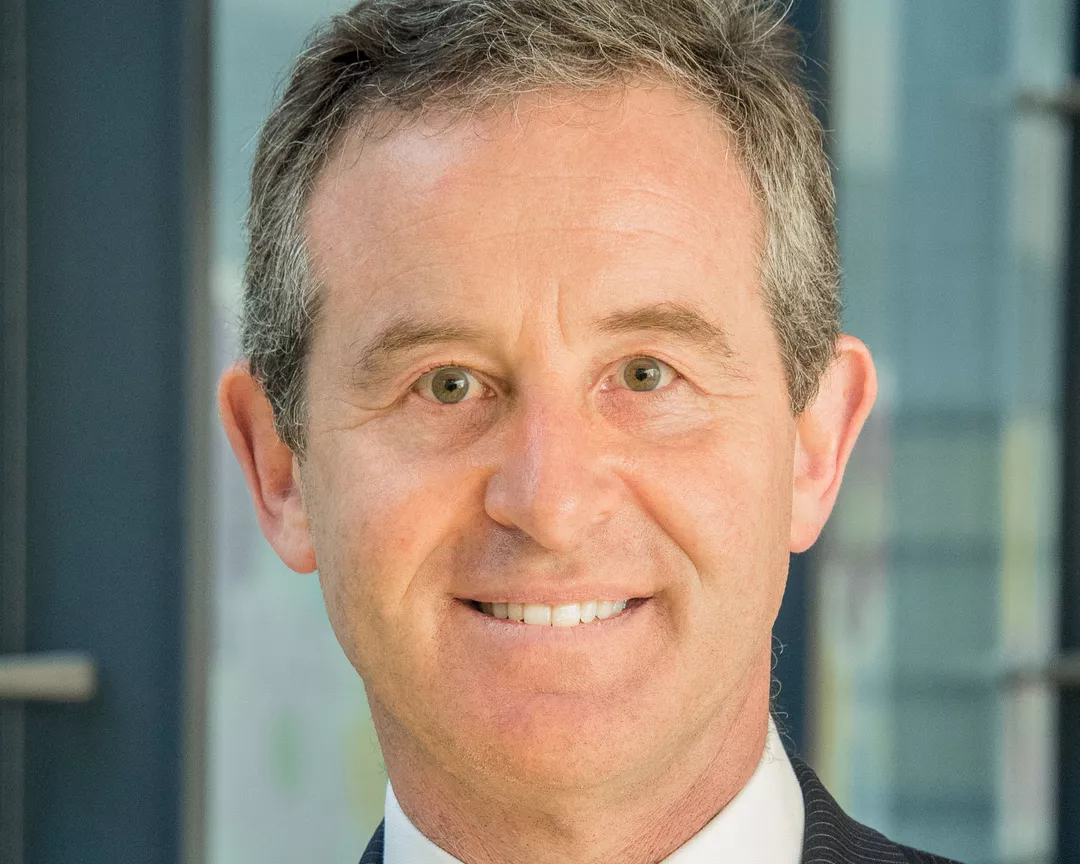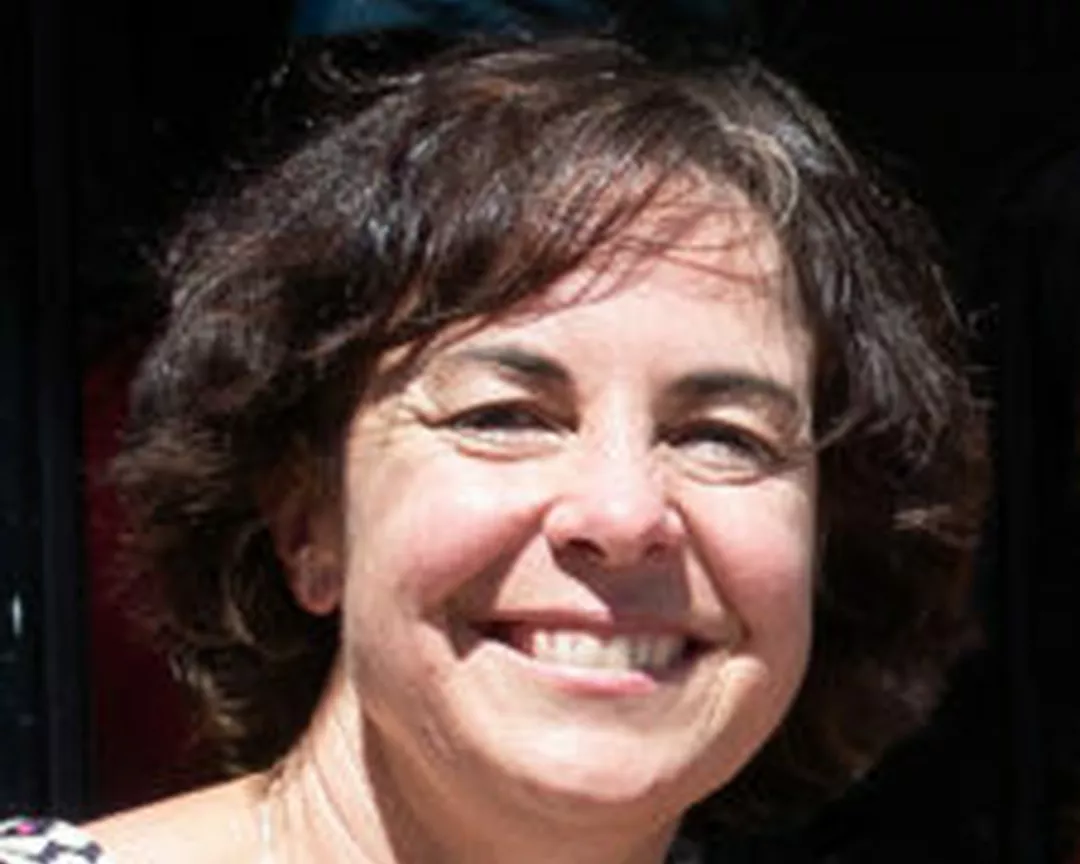
The Heart Research Institute (HRI) is conducting a collaborative research project to establish the Congenital Heart Alliance of Australia and New Zealand (CHAANZ) Congenital Heart Disease Registry, a comprehensive NZ registry of demographic and clinical data from cohorts of paediatric and adult cases of CHD from sites across New Zealand.
The project is supported by a grant funded by HRI NZ donors to advance research into cardiovascular disease and is run in conjunction with Auckland City Hospital, Starship Children’s Hospital Auckland, New Zealand. HeartKids Australia provided the initial funding to develop the CHAANZ Congenital Heart Disease Registry and currently provides oversight and consumer input into the project.
The team leading the project, Prof David Celermajer, Clinical Research Group leader at HRI, and Dr Clare O'Donnell, Paediatric/Congenital Cardiologist at Starship/Auckland City Hospitals, answer some questions about their research.
How common is congenital heart disease (CHD) and what is its impact?
Congenital heart disease (CHD) refers to various structural problems that affect the heart and major blood vessels. Most people with CHD are diagnosed as babies or young children, although some may be diagnosed later in life.
The severity of the condition and its impact varies with the diagnosis. In serious cases, CHD can lead to organ failure, and a heart transplant is occasionally required. The most common diagnosis is ventricular septal defect, followed by atrial septal defect and persistent ductus arteriosus. CHD is the most common congenital disorder in newborns.
Does CHD have consequences later in life for adults who had surgery for CHD as babies or young children?
Yes, consequences can include physical limitations, the need for further surgeries, the need for medications, sports restrictions and possible implications for pregnancies. In addition, outside specialist centres, there is an overall lack of understanding of the consequences of CHD.
Babies and children who received treatment for CHD are now surviving into adulthood. This is a great outcome, thanks to the superb care that these children receive, but more than half of those living with CHD get lost in the system when their care is transferred from a children’s hospital to an adult one.
That loss of follow-up can have dire consequences. The rate of serious complications is more than three times higher if people living with CHD do not receive ongoing, expert care.
What is the Congenital Heart Alliance of Australia and New Zealand (CHAANZ)?
CHAANZ is a consortium of paediatric and adult cardiologists, cardiac surgical teams, CHD researchers, allied health professionals, patients and their families.
The consortium is working together to understand the full spectrum of CHD and its impact on the people who live with it. To achieve that understanding, we need to collect health information from children and adults who are living with CHD.
L-R: Prof David Celermajer, HRI, and Dr Clare O'Donnell, Starship/Auckland City Hospitals
What are the benefits of having a Registry for people living with CHD?
Having a Registry will help us ask questions about the impact of CHD and how to optimise medical and social support to reduce that impact. For example, what medical care do people living with CHD receive as they get older? Do they have other health issues that require ongoing care? Are they able to access the support services that they need?
To answer these questions, we need to bring together a consistent set of health information from people living with CHD at different ages.
Why is it important that the Registry includes people living with CHD in both Australia and New Zealand?
The Australian and New Zealand communities are closely connected. The CHD community is no exception, so the CHAANZ collaboration occurs as a natural and logical extension of our existing clinical and research partnerships. One of the goals of the consortium is to collect together information for a very large number of individuals with CHD, so it is important to bring together all of the large regional CHD centres.
We know that a project of this size will give us a way to make powerful statements about overall CHD outcomes across our region. New Zealand and Australia both had pioneering centres for CHD care as this field was becoming established in the middle part of last century, and both have continued to innovate in approaches to CHD. Collecting data for CHAANZ from across Australia and New Zealand brings a broader sample to help us learn, with our CHD community, and take forward the most effective approaches to care.
How might the Registry be used to plan future medical care for people living with CHD?
The Registry will help us to understand the overall landscape of CHD care, but also perhaps be particularly useful for some of our patients with less common CHD diagnoses. Because of the size of the CHAANZ Registry, we will be able to collect together information on a number of individuals with some of these less common heart problems and be much better informed as to the best approaches for care.
What do you hope to have achieved at the end of this two-year project?
In two years’ time, our goal is to have all of the appropriate protocols and procedures in place so that the CHAANZ Registry is well established in our Unit, with New Zealand data available to our local team but also being appropriately shared with CHAANZ to contribute to this rich regional CHD dataset.
In addition, the HRI NZ grant will enable us to fund time for a New Zealand-based early career researcher to undertake project work as part of the CHAANZ collaboration.
Where would someone who would like to be part of the Registry find more information?
If you are living with CHD and would like to be part of the Registry, please discuss with your heart doctor, who will be able to help with any questions you may have.
Participation is voluntary and you can choose to opt out if you are approached to take part in the Registry. If you have not been approached but you want to find out more about the Registry, you can refer to the Participant Information on the CHAANZ website.
Related research areas




